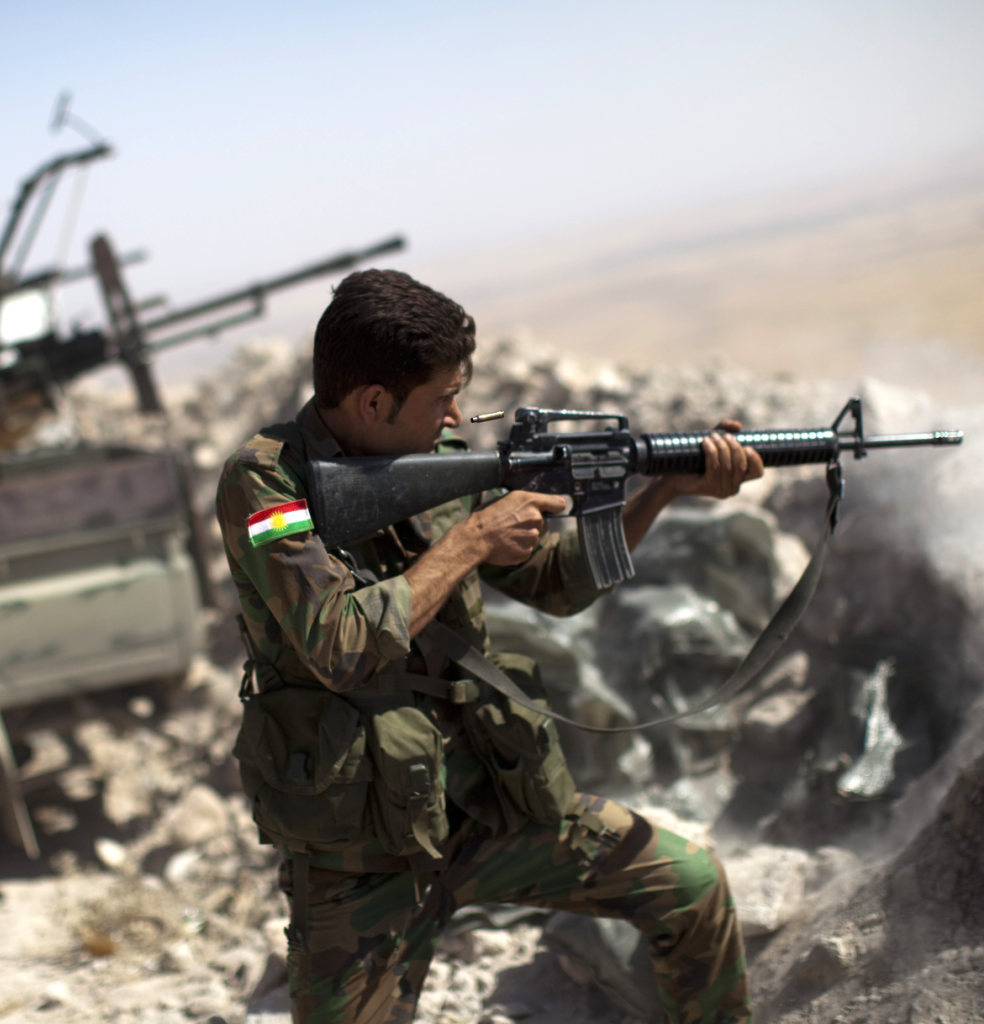After unstable 2014, next year may be no calmer
From financial crisis in Russia to cyber warfare with North Korea, 2014 has generated new flashpoints right into its final days, setting 2015 up to be just as turbulent. Almost all of the major confrontations, such as the battle with Islamic State militants, the West’s stand-off with Russia over Ukraine and the fight against Ebola, will rumble on. Others could erupt at short notice. The causes are varied – a global shift of economic power from the West, new technologies, regional rivalries and anger over rising wealth gaps. In June, a report by the Institute for Economics and Peace showed world peace declining for the seventh consecutive year since 2007, reversing a trend of improvement over decades. The same group said in November deaths from militant attacks leapt 60 per cent to an all-time high, primarily in Iraq, Syria, Afghanistan, Pakistan and Nigeria.
Normally after a year like this you might expect things to calm down. But none of these problems have been resolved and the drivers of them are not going away.
John Bassett, former senior official with British signals intelligence agency GCHQ now an associate at Oxford University
While Western policymakers hope Russia’s economic crisis will curb Vladimir Putin’s ambitions, others worry it could make him more unpredictable. Washington’s adversaries are becoming more adept at “ambiguous warfare”. Pushing back Islamic State in Iraq and Syria is a high priority for western states, Gulf powers and Turkey, Russia and China combined. China is building up its military might and the fight over the South China sea continues. The first months of 2015 will also be key in tackling a very different foe: Ebola. A major U.S. military deployment to build treatment centers in Liberia is credited with helping slow new cases there but the virus continues to spread in Sierra Leone and Guinea.

World